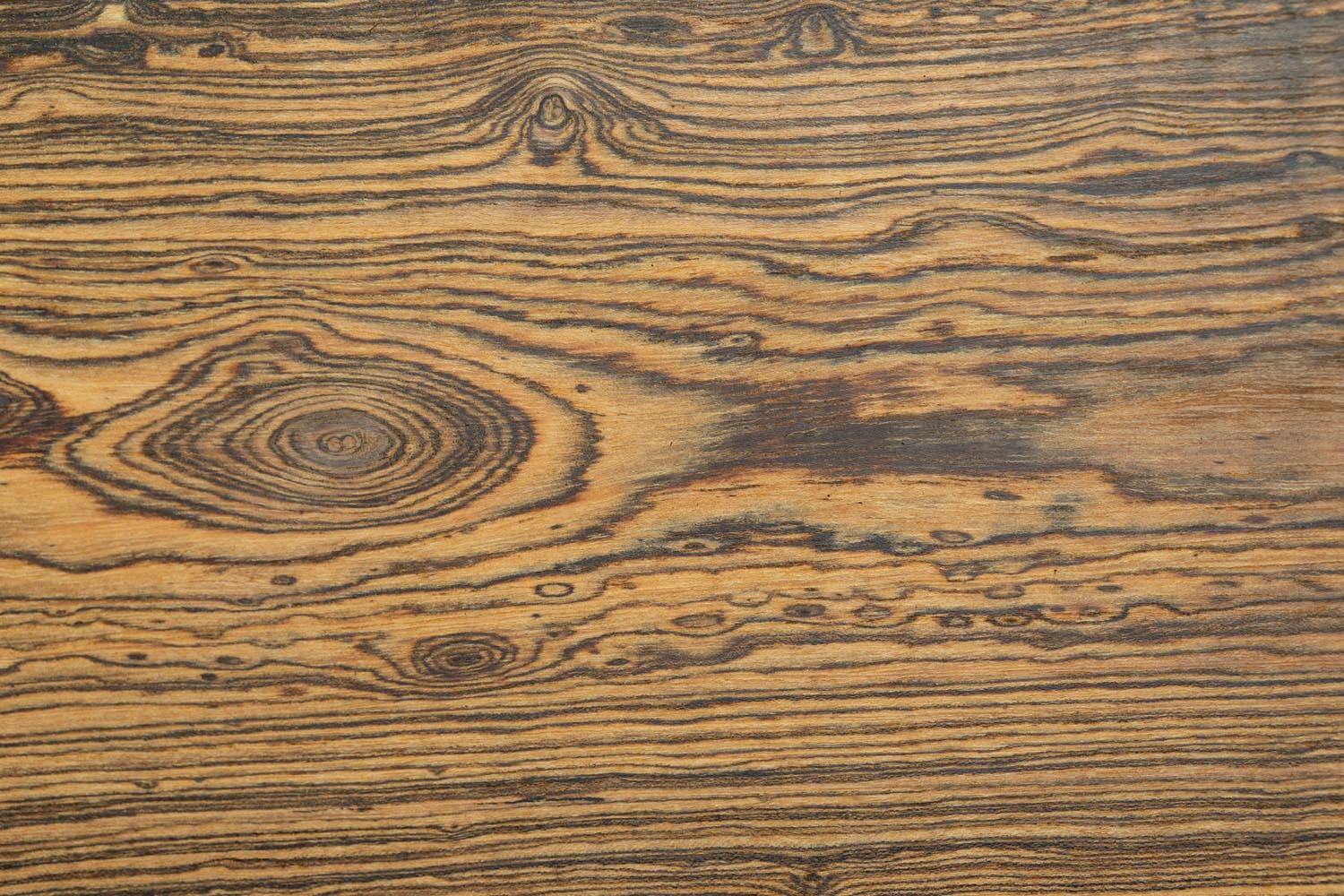Music has performative aspect which is specifically covered under copyright. That analogy fails, regardless of whether or not you purchased the sheet music. Additionally, in order to address some of these concerns with music, there's a whole compulsory license scheme that allows someone to perform those works without even gaining the permission of the original rights holder. So, yes, someone can buy sheet music, record it, and sell it (under those conditions) regardless of what the original creator says.
My posted example, incidentally, is the start of a jellyfish, not a hat. I can still sell it.
And, yes, I understand your argument about the potential artistic nature of crochet items that aren't utilitarian. I specifically called it out when I said "Also, there may be some argument that the finished product, if unique and not utilitarian, may qualify as sculpture and enjoy some protection."
However, I then followed up with the mention that almost no intellectual property lawyer I found agrees. And that there is no case law to fall back on for clarity.
 craftindustryalliance.org
Because the above article is written by a lawyer, it's of course couched in what-ifs and no absolutes. But I find this particular passage telling (emphasis mine):
craftindustryalliance.org
Because the above article is written by a lawyer, it's of course couched in what-ifs and no absolutes. But I find this particular passage telling (emphasis mine):
My posted example, incidentally, is the start of a jellyfish, not a hat. I can still sell it.
And, yes, I understand your argument about the potential artistic nature of crochet items that aren't utilitarian. I specifically called it out when I said "Also, there may be some argument that the finished product, if unique and not utilitarian, may qualify as sculpture and enjoy some protection."
However, I then followed up with the mention that almost no intellectual property lawyer I found agrees. And that there is no case law to fall back on for clarity.
For Personal Use Only: Restrictive Clauses in Craft Patterns - Craft Industry Alliance
Many patterns from indie craft designers include a copyright notice for personal use only or other restrictive clauses. But is this restrictive language valid, and can it be enforced against the purchaser?
But at this point, we're going round and round on the same points. There doesn't seem to be any advantage to continuing the argument further. Unless some case law comes up that says differently, I'm going to hold to the theory that you can totally sell what you make from a pattern (with the caveat that trademarked items enjoy different protections than non trademarked items), regardless of whether the pattern creator says you can.It’s tough to find court cases that have addressed this precise issue (probably because most indie designers and/or pattern purchasers don’t have the resources to wage lengthy litigation). We do, however, have one very old Supreme Court case that’s relevant. Baker v. Selden, 101 U.S. 99 (1879) involved a man who invented a particular method of bookkeeping using lined paper with specific columns and headings. Selden set out his method in several books on which he held copyright. He later sued Baker, who wrote another book, which explained Selden’s method and offered a somewhat different version of the ruled paper. Selden argued that Baker’s book (and version of the special, lined paper) violated his copyright.
The Supreme Court rejected Selden’s claims. The court held that there was a difference between the copyright held on the book itself, and the right to prevent someone from using the procedure explained in the book. Only a patent could protect the exclusive right to control use of the bookkeeping method described in the book.




 ) and man not wearing socks and being comfortable is nice.
) and man not wearing socks and being comfortable is nice.